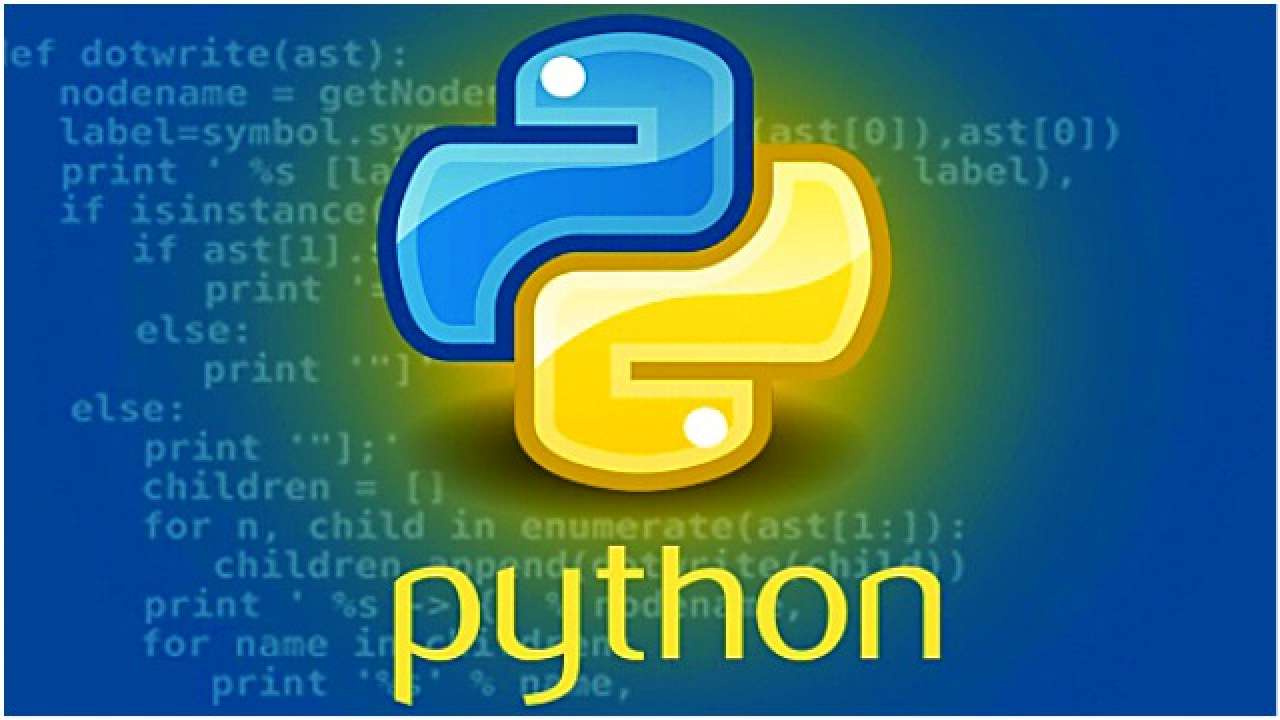
There are several varieties of machine learning skills that are in demand in the global marketplace today. The skill that is most in demand is the ability to come up with fundamental innovations in machine learning, and implement them to solve practical problems. For a research career in artificial intelligence (AI), you need a PhD, preferably from a well-known program, and research competence as demonstrated by published papers, implemented solutions and peer acceptance. For those at the forefront of research, the sky is the limit, and seven-figure USD salaries are not infrequent.
The next tier of demand is for people who can build practical implementations, especially in collaboration with a cutting-edge research team. For a career as a machine learning implementation expert, you need substantial work experience and strong software development skills. You need to be able to build production quality systems for industrial big data, and not just know a bit of R or Python that lets you put together a model on a toy dataset.
However, a lot of effort today is directed at training “machine learning engineers” who have this superficial level of expertise. Ever since big data and machine learning became highly hyped buzz words some five years ago, many STEM graduates (science, technology, engineering and mathematics) have attempted to enter the field of machine learning by retraining themselves through short courses, MOOCs, or coding boot camps. This channel of career advancement is nearing saturation levels, and opportunities for such repurposed machine learning engineers are beginning to dry up.
Another avenue that is not as well explored may offer better opportunities for new entrants to machine learning. There is a lot of demand for people who may not have production level software skills, but know enough about machine learning to manipulate and make sense of massive data sets.
For such positions, you may start with some skills in statistics and data analysis, and learn the R or Python tools used to analyse much larger data sets. This will let you address interesting data-based questions and construct data-driven resolutions of a complex argument. These are often skills that are acquired in MBA, rather than MS programs, and they are also highly in demand.
— The writer is a professor of SP Jain School of Global Management